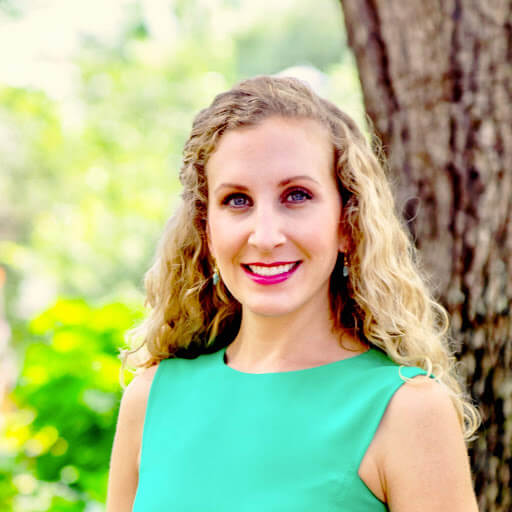SoFi: How Fintechs can Manage Economic Headwinds
SoFi: How Fintechs can Manage Economic Headwinds
Fintechs are known for their innovation in customer service, transforming accessibility and making payments faster, among other advances. But they’re facing the same economic headwinds and credit tightening as more traditional financial institutions. How are fintechs managing these challenges? And how different is their approach from brick-and-morter banks?
On our June 29th Market Pulse podcast, Ratinder Bedi, Chief Credit Officer at SoFi, joined us to talk about SoFi’s approach to the current economic challenges. He offered a glimpse into the company’s playbook and talked about managing risk.
Listen to the full conversation or continue reading for an excerpt from episode 28 of our Market Pulse podcast.
During our July 15 Market Pulse webinar, you mentioned that SoFi has a playbook for economic downturns. You also made the point that most fintechs weren't around during in 2008 or 2009 during the Great Recession. Can you tell us about your playbook and how you’d build something like that from the ground up?
Bedi: Our playbook really entails two parts. It looks at what we're seeing internally and what the macro environment looks like. So, if you just think about the macro side, we've looked for those things that have been predictive in the past, and we feel like they make sense in today's world. An easy example of that is consumer confidence, right? It's one of our 10 indicators, and we feel it still makes sense to look at consumer confidence.
And then internally, we're focused on what we think are leading indicators. Things like, are we seeing more members calling into customer service or collections asking for payment assistance? What are they telling us? Are we gathering qualitative feedback from our representatives? Are we reading through our notes and seeing themes emerge? Is it harder for us to contact delinquent customers? Are our contact rates coming down?
And to your point, because we don't have data going back to 2008, we rely on third parties who specialize in areas like stress testing. They take our data and run it through their proprietary models, which were built on data from prior crises. And they'll come back with different scenarios for us.
So, based on what we're seeing in our playbook in terms of our leading indicators, we’ll determine if the probability of a recession is increasing or has increased to a certain level. We'll then go back to those scenarios and apply the right one to our future outlook and then make the necessary adjustments. And that could be as simple as tightening credit or doing more income verification or employment verification, et cetera. There are so many different levers, but that's our philosophy.
We had a webinar attendee ask what the FinTech space is doing differently from traditional banks in terms of strategy, product development and solutions. And what do you think are the key differences?
Bedi: I'll put the member piece aside since we talked earlier about our focus on member services. So, I would say two things. One, we move incredibly fast. We're maniacally focused on iterating, iterating. Our CEO speaks in a lot in different forums and repeats this phrase: we're going to iterate, learn, then iterate some more.
And that's just really part of our DNA. I've been doing this for over 20 years, but I've never worked at an organization that launched multiple pricing tests every week and has the discipline to read those results every week. Even if you have 30 data points, we're talking about those 30 data points and obviously, disclaiming that the sample size is probably not large enough for us to make any reads, but we're talking about it.
And then the other thing that's different about us is we're not as siloed as traditional players. And when I say siloed, I mean a couple of different ways. One is organizationally. We don't really have organizational silos. At the end of the day, everybody's accountable to the same person. And we're all in the same room together. We're all one team. The other place where I think traditional players are more siloed is on the infrastructure side.
Listen on Your Favorite Podcast App.
Listen to the full episode of this podcast on your favorite app. Check out other episodes and if you like what you hear, tell your colleagues and friends about us.

